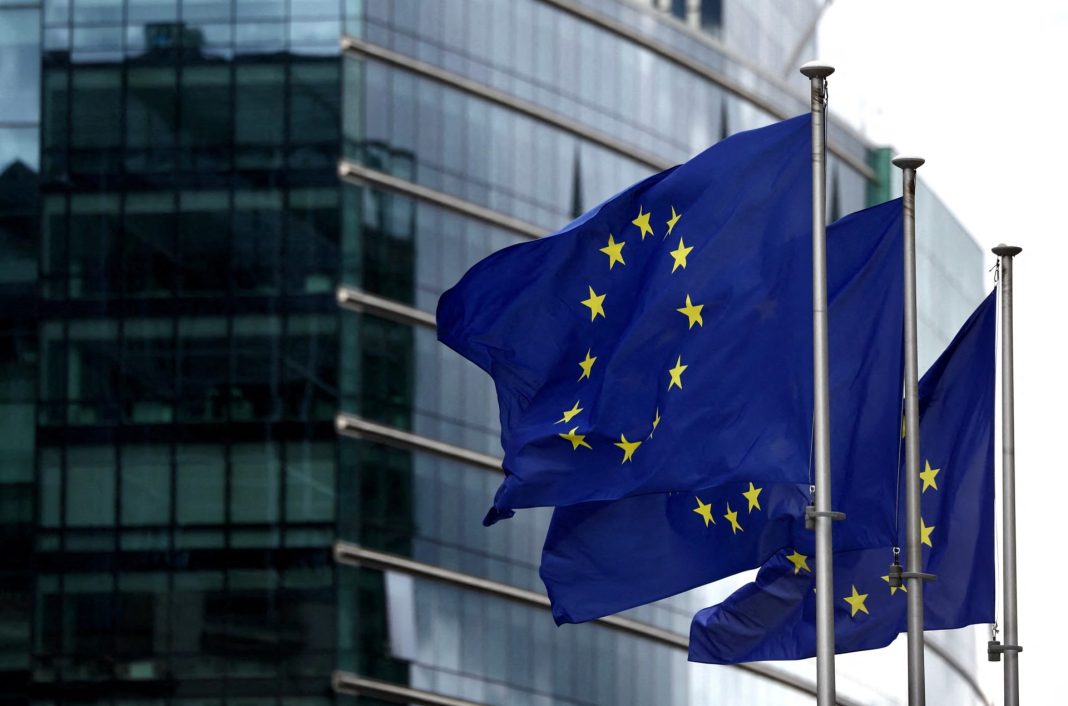The new listings include 54 persons and 30 entities “responsible for actions undermining or threatening the territorial integrity, sovereignty and independence of Ukraine”, the statement read.
As of Dec. 16, the EU has imposed 15 packages of sanctions targeting the Russian state and economy in response to Moscow’s full-scale invasion of Ukraine.
“This package of sanctions is part of our response to weaken Russia’s war machine and those who are enabling this war, also including Chinese companies,” said Kaja Kallas, the EU’s chief diplomat.
“It shows the unity of EU member states in our continued support to Ukraine. Our immediate priority is to put Ukraine in the strongest possible position,” she added.
The new package of sanctions targets shipping companies helping Russia to sell its crude oil, filling Moscow’s coffers amid the full-scale war. The EU also banned 52 vessels transporting Russian oil above the $60-per-barrel price cap from accessing EU ports and services.
Russia has largely avoided the price cap by using a fleet of older, uninsured tankers, forcing the Western countries to tighten and refine the existing sanctions.
The latest package further targets a chemical plant, a Russian airline company providing support to the military, and several defense companies. For the first time, the EU imposed full-scale sanctions — including a travel ban and asset freeze — “on various Chinese actors supplying drone components and microelectronic components” to Russia.
Individual listings include the Russian military unit responsible for a deadly strike against the Ohkmatdyt children’s hospital in Kyiv in July, top managers of energy companies, individuals involved in the deportation of Ukrainian children, dissemination of propaganda, and sanctions circumvention, and two senior North Korean officials.
The EU sanctioned North Korean officials after Pyongyang dispatched over 10,000 troops to aid Russia’s war. North Korean soldiers recently saw combat with Ukraine during ground assaults in Russia’s Kursk Oblast.
President Vladimir Putin has sidestepped claims that North Korea has sent soldiers to Russia, insisting that it was up to Moscow how to run its mutual defence clause with Pyongyang.
The bloc further added 32 entities to the list of those directly supporting Russia’s military-industrial complex, including companies based in China, India, Iran, Serbia, and the United Arab Emirates.
